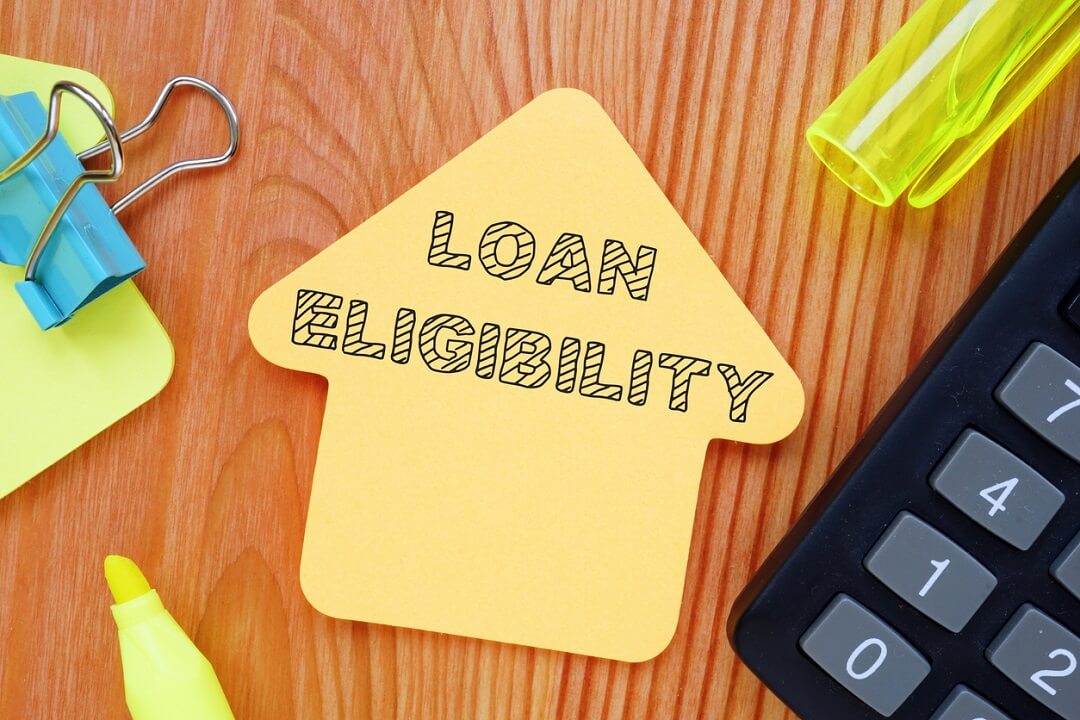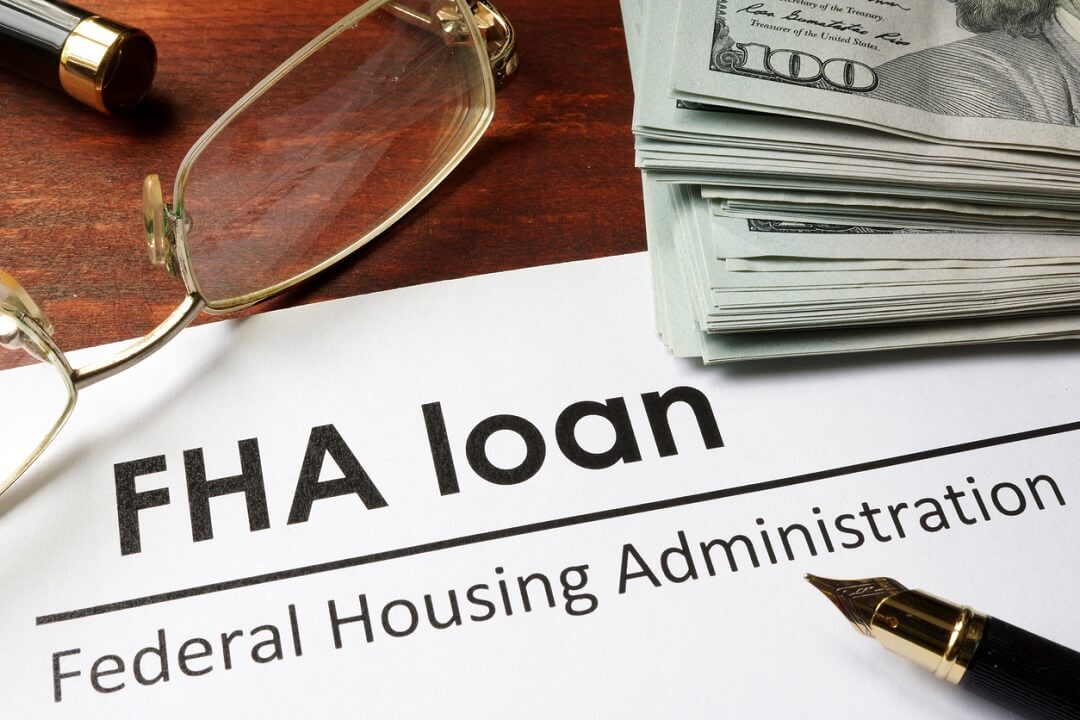FHA loans are government-backed mortgage loans for homebuyers that may not qualify for other lending options, such as conventional loans. FHA loans offer more flexibility when it comes to eligibility and loan requirements, making it much more accessible to those looking to purchase a home, including first-time homebuyers.
Here we will take a deeper look at FHA home loans, what makes a buyer eligible, what these loans require, and what you can expect with this type of mortgage loan.
Key takeaways
- FHA loans, insured by the Federal Housing Administration, make buying a home easier for first-time buyers and those with lower credit scores or limited finances. They offer lower interest rates and easier qualification than conventional loans.
- FHA loans ask for lower down payments (as low as 3.5%) and are more lenient with credit score requirements. They even offer options for those with no credit history, making them ideal for first-time homeowners.
- These loans are also great for those looking to buy a fixer-upper, as the FHA 203(k) loan includes renovation costs in the mortgage.
- Applying for an FHA loan involves meeting certain eligibility requirements, such as a FICO score of at least 580, steady employment and income, and purchasing a home within current FHA loan limits.
- Rates, limits, and exact eligibility for FHA loans can vary, so it’s always best to consult with an approved lender or a program like Hero Home Programs to navigate the process.
What are FHA loans?
FHA loans refer to mortgage loans that are insured by the Federal Housing Administration (FHA). These loans are designed to make homeownership more accessible, particularly for first-time homebuyers or individuals with lower credit scores or limited financial resources.
The FHA does not directly offer loans to borrowers but rather insures them against default. This insurance reduces the risk for lenders, enabling them to offer more favorable terms and lower interest rates to borrowers who might otherwise face challenges when applying for a conventional mortgage.
FHA loan vs. conventional loan
FHA and conventional loans are the two common types of mortgages chosen by homebuyers in the U.S. but there are some key differences between these two mortgage loan options. First of all, conventional mortgages are not insured or guaranteed by any entity. This is why conventional mortgages have stricter requirements. For example, the minimum credit score for an FHA loan is 500, while the minimum credit score for a conventional mortgage is 620 or higher.
However, flexibility in credit scores and down payments come with a price. An FHA loan requires upfront and annual mortgage insurance, while a conventional loan only requires insurance if there is less than a 20% downpayment or the loan-to-value (LTV) ratio is above 78%.
Benefits of FHA loans
FHA loans offer several benefits to borrowers, particularly those with difficulty qualifying for conventional loans.
1. Lower downpayment
FHA loans typically require a lower down payment compared to conventional loans. The minimum down payment can be as low as 3.5% of the purchase price. This lower downpayment option can help make homeownership accessible to many first-time homebuyers and those with limited savings for a large down payment.
2. Lenient credit score requirements
Because the Federal Housing Administration insures FHA loans, they are generally more flexible when it comes to credit scores as they are not facing a large risk. Borrowers with credit scores as low as 500 may qualify for an FHA loan, although a higher credit score may lead to better loan terms.
3. Availability for first-time homeowners
Because FHA home loans allow you to finance up to 96.5 percent of the sales price, first-time borrowers are not required to have a large down payment, often have minimal closing costs, and have much more flexibility regarding credit scores and credit history.
4. Option for higher DTI ratios
Your debt-to-income ratio, or DTI, compares how much you owe each month to the amount of income you have coming in. In general, an FHA loan requires a DTI of less than 43 percent. However, FHA permits a DTI up to 56.9 percent based on compensating factors, such as large savings or cash reserves and the ability to offer a larger down payment.
5. Usefulness for borrowers with limited credit history
If you are a first-time borrower, you may not have a solid credit history, if you even have one, to begin with. In some cases, people avoid credit and prefer to pay in cash. This can make it impossible to qualify for a conventional mortgage, but an FHA loan is still an option. In fact, the FHA loan rulebook states “The lack of a credit history, or the borrower’s decision to not use credit, may not be used as the basis for rejecting the loan application…Some prospective borrowers may not have an established credit history.”
When no credit history is available, the lender can request a non-traditional merged credit report (NTMCR) or create their own credit history from utility payment records, rental payment history, and things like car insurance or other regular payments.
6. Assumable mortgage
FHA loans are assumable, which means that if you decide to sell your home, a qualified buyer may be able to assume your existing FHA loan, subject to lender approval.
7. FHA loans are great for fixer-uppers
A type of FHA loan, known as the FHA 203(k) loan, allows borrowers to not only purchase a fixer-upper home but also include the costs of renovation into the mortgage. In this case, a portion of the mortgage balance goes towards the purchase of the home, while the remaining portion is placed in an escrow account to cover costs associated with renovation.

FHA loan eligibility
To be eligible for an FHA loan, you need to meet specific eligibility requirements set by the Federal Housing Administration. These can include:
- FICO score of at least 580 to qualify for a 3.5 percent down payment or a score between 500-579 for a 10 percent down payment.
- Debt-to-income score less than 43 percent, though this can vary as mentioned above
- Provide proof of employment and a steady stream of income.
- Must be at least three years since a previous foreclosure
- Looking to purchase a home with a sales price not exceeding the current FHA loan limits
- Ability to provide documentation that can include a government-issued ID, social security card, pay stubs, w-2s, tax returns, and more.
FHA loan requirements
In addition to meeting FHA loan eligibility requirements, borrowers will have to meet certain requirements for the FHA loan. These requirements can include:
- Mortgage Insurance Premiums
- Home must be a primary residence
- You must occupy the home within 60 days of closing
- Home must be appraised by an FHA-approved appraiser
- Home must undergo an inspection and meet the minimum property standards set by the FHA
FHA loan rates
FHA interest rates are often lower than those found with conventional loans because they are backed by the federal government. While the FHA regulates interest rates with limits and caps for borrowers, each FHA lender sets the rates for a particular mortgage. These rates, just like any other mortgage rate, can fluctuate based on a number of different factors. Things like credit history, the amount of your downpayment, the current housing market values, loan size, and the loan term are some of the main factors that your lender takes into consideration when determining your FHA interest rate.
FHA loan limits
The Federal Housing Administration sets FHA loan limits and vary by location. These limits determine the maximum loan amount that can be insured by the FHA and are based on the median home prices in the area you are buying. These limits are usually updated annually and reflect changes in the housing markets.
How to apply for an FHA loan
Most banks and mortgage lenders are approved to provide FHA loans, so you are likely able to choose from many different lenders in your area. Once you have chosen a lender, you will want to collect the necessary documentation that is most commonly required for a loan. This can include IDs, social security cards, proof of income, bank statements, tax returns, and more. Once you have the documentation prepared, you can apply for pre-approval which will give you an idea of how much home you can afford.
Once you find your home, you can complete the loan application where the lender will then order an FHA appraisal and inspection. The application and reports then go to underwriting and, once approved, you proceed to closing and getting the keys to your new home.
Taking advantage of an FHA loan
For borrowers with less-than-perfect credit or first-time buyers looking to build credit with a home purchase, FHA loans offer a solution to home ownership. With the flexibility this mortgage type offers, many people who otherwise would not be able to purchase a home can find themselves holding their new keys and saying goodbye to renting.
Helping you navigate the home-buying process
If your credit is less than perfect or conventional lenders have turned you down, an FHA loan may be the option for you. At Hero Home Program, we understand how overwhelming the home-buying process can be, especially for first-time home buyers. Our goal is to work with you to help navigate the home-buying process, determine which loan options are best for you, and take you step-by-step to closing.
To learn more, schedule a consultation with Hero Home Programs today.












